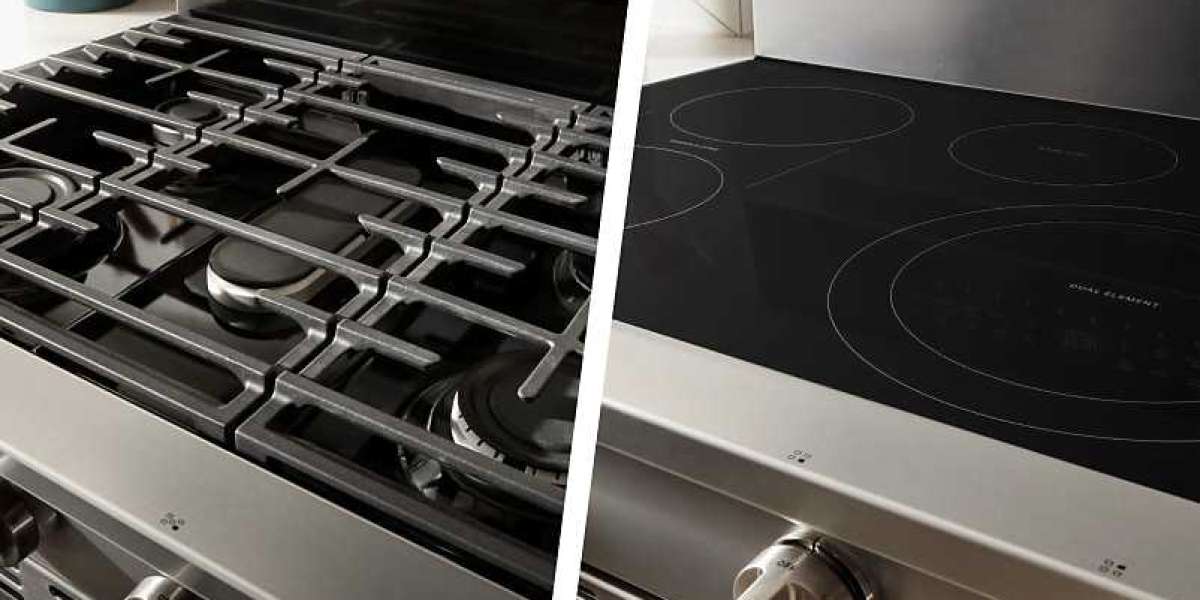When it comes to cooking in the kitchen, your stove plays a central role in getting the job done. However, like all appliances, gas and electric stoves can experience issues over time. Whether you're facing a flickering flame or a malfunctioning burner, knowing how to handle gas and electric stoves repair is essential to maintain optimal performance. In this post, we’ll explore common problems, repair tips, and when to call a professional.
Common Issues with Gas Stoves
Gas stoves are known for their efficiency and quick cooking times, but they can develop specific problems that require attention. Here are some common issues:
1. Ignition Problems
One of the most frequent issues with gas stoves is ignition failure. If the burner doesn’t light up, it could be due to a dirty igniter, faulty spark module, or an electrical issue. Regular cleaning and maintenance can help prevent this problem.
2. Uneven Flames
If the flame on your gas stove is uneven or too high, this could indicate a clog or buildup of grease in the burner holes. Cleaning the burner thoroughly can resolve this issue, but if the problem persists, it might be time for a more extensive repair.
3. Gas Leaks
Gas leaks are a serious issue that should not be ignored. If you smell gas around your stove, immediately turn off the gas supply, open windows, and contact a professional repair technician.
Common Issues with Electric Stoves
Electric stoves are also prone to specific issues, but many of them can be easily fixed with some basic troubleshooting.
1. Burner Not Heating
One of the most common issues with electric stoves is when a burner stops heating. This could be due to a faulty burner element, damaged wiring, or a defective thermostat. Replacing the element or checking the wiring could solve the issue.
2. Stove Won’t Turn On
If your electric stove doesn’t turn on at all, the issue may be with the power supply or the circuit breaker. It’s important to check the power source and ensure the stove is plugged in properly. If everything seems fine, the internal wiring or control board may need inspection.
3. Temperature Inaccuracies
If your stove doesn’t maintain the right temperature, it can lead to inconsistent cooking results. This problem could be linked to a malfunctioning thermostat or a faulty burner. A technician will need to calibrate or replace the component to restore normal functionality.
How to Maintain Your Stove
Routine maintenance can prevent the need for gas and electric stoves repair. Here are a few maintenance tips:
- Clean the burners regularly to remove food debris and grease buildup.
- Check for gas leaks by using a soapy water solution. If you see bubbles, there's a leak.
- Inspect wiring and plugs for any signs of wear or damage, especially in electric stoves.
- Keep the stove knobs and controls clean to avoid misfires or malfunctions.
When to Call a Professional
While some minor stove issues can be handled with DIY methods, certain problems require professional intervention. If you're dealing with gas leaks, electrical malfunctions, or any issue that poses a safety risk, it's always best to call an expert. Professional repair technicians have the tools and expertise to handle complex repairs safely.
For those unsure whether to choose a gas or electric stove, you can learn more about the pros and cons of each in this helpful article: Gas and Electric Stoves Repair.
Conclusion
Regular maintenance and early intervention can extend the life of your stove and improve its performance. Whether you have a gas or electric stove, understanding common issues and knowing when to seek professional help can save you time, money, and stress. If you're unsure about the problem or need a repair, don't hesitate to contact a technician. Stay safe, and happy cooking!






